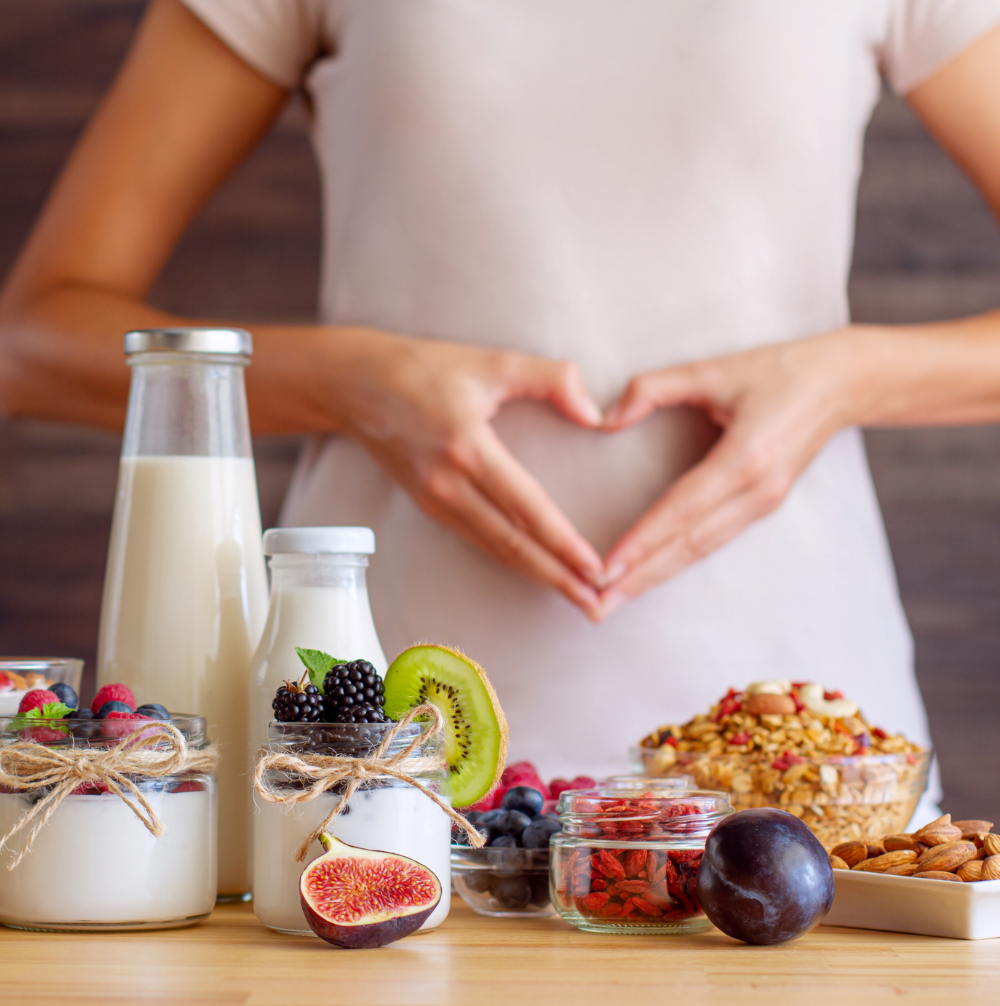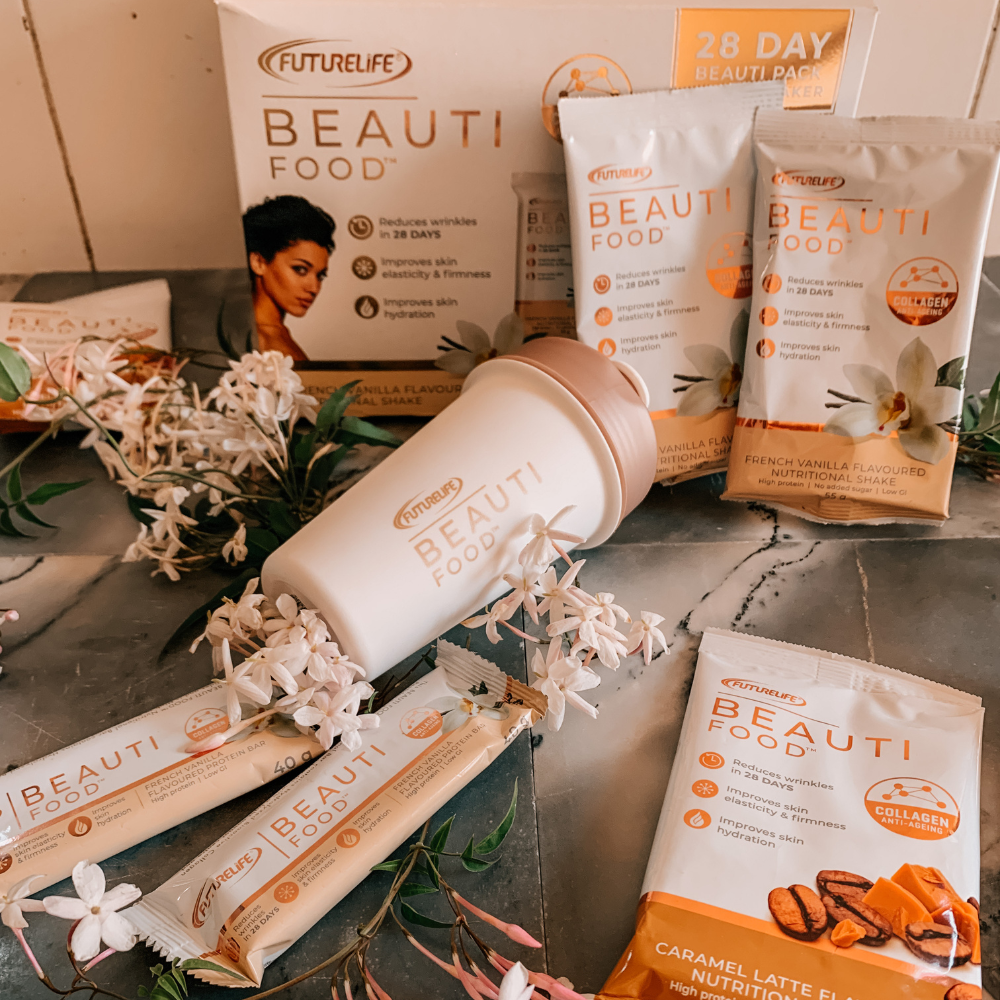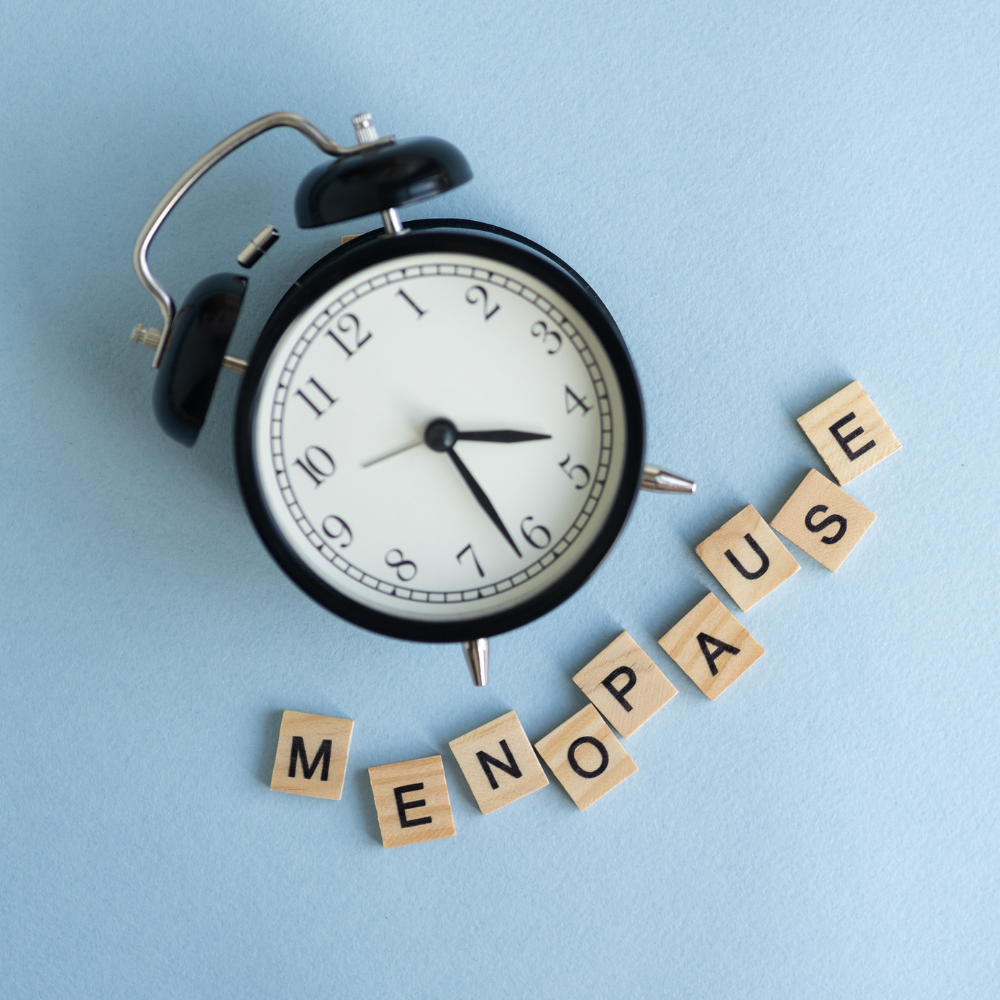FED UP WITH HUNGER

A few weeks ago, I was asked the question: “If you could make an impact on the world, what would you do?”. Without any hesitation, I answered “I would make sure that every child has access to at least one nutritious meal a day”. To the tune of Louis Armstrong: “What a wonderful world”. While I will always remain hopeful that we can one day live in a world where this is possible, reality paints a stark contrast. With an ever-growing population, hunger and malnutrition statistics are on the rise, now more than ever before. Sadly, as a nation we have made little to no progress towards eradicating child hunger and the burden of malnutrition continues to cost many South Africans their lives.
THE HUNGER GAMES
The most recent estimates by the World Health Organisation (WHO) indicate that 144 million children under the age of 5 suffer from stunting and 47 million children under the age of 5 suffer from wasting¹. This worldwide statistic does indeed paint a bleak picture however the situation here in South Africa is one of much dire strait. Every day 2.8 million children in South Africa go to bed hungry². An unimaginable statistic that bares devastating consequences. As we know, the early years in a child’s life are critical to both their physical and cognitive development. It goes without saying that these children will experience difficulty growing and learning at school as a result of consistent nutritional deprivations. I think Dorothy McAuliffe explained this aptly when she said: “A child can’t be hungry for knowledge if they’re just plain hungry”.
According to STATS SA, 43% of children aged 0-6 did not attend any educational institution in 2018³. Not only is this concerning from an educational perspective, but from a nutritional perspective as well, as many children rely on school feeding schemes to provide them with at least one meal a day. The National School Nutrition Programme (NSNP) in South Africa provides one nutritious meal to all learners in poorer, primary and secondary schools. The objective behind this programme is to improve their ability to learn and focus at school as well as teaching learners and parents how to lead healthy lifestyles by promoting school vegetable gardens.
The 2013/2014 report indicates that the programme has reached more than 9 million learners in quintile 1, 2 and 3 schools⁴. It goes without saying that these children will have a better start in life. Where implemented, the NSNP has shown to improve punctuality, regular school attendance, concentration and the general wellbeing of a participating learner⁵. These meals consist of foods from all food groups and are cooked by unemployed community members appointed by the school governing body. Sadly, the impact of COVID-19 and the subsequent rise in food prices will undoubtedly affect children’s accessibility to these safety nets. Poverty, unemployment and hunger rose dramatically under hard COVID-19 related lockdown, with 47% of households running out of money to buy food in May/ June 2020, while child and adult hunger increased to 15% and 22%⁵.
As Nelson Mandela once said: “Our children are the rock on which our future will be built, our greatest asset as a nation.” Each year, Nelson Mandela Day is celebrated on the 18th of July in honour of his remarkable legacy. It was Mandela’s thinking that instead of celebrating his birthday, South Africans should engage in community outreaches that would have a lasting impact. The essence of Mandela Day is to take action and inspire change. The global theme for 2022 is “Do what you can, with what you have, wherever you are.” The time for change is now, which is why we at FUTURELIFE® have partnered with the Nelson Mandela Foundation Early Childhood Development Program to do just that.
It is our goal that by celebrating hope this Madiba month, it will initiate a chain reaction, inspiring others to do the same. Help us build pre-schools and feed children by purchasing a box of FUTURELIFE® Smart food™ during the month of July and for every purchase, we will donate 1 meal to a child in need.
You might be wondering, what inspired this campaign? It is our brand belief that smart nutritional choices lead to healthier and happier lives. ALL children deserve good nutrition EVERY DAY to thrive and function at their optimum. We want to play our part by helping alleviate the burden of hunger and malnutrition and in doing so, spread as much good health and happiness as we can.
Service to the community is not something new to us. In fact, it’s the very reason FUTURELIFE® was birthed. FUTURELIFE® began in 2007 as a social project to help improve the lives of malnourished and disadvantaged people in Sub-Saharan Africa. The aim was to create the most nutritional product possible at the lowest cost and with total convenience. Paul Saad, CEO of FUTURELIFE®, challenged a multi-disciplinary team of food scientists and technologists, medical professionals and dietitians to create a smart food product that was instant, great tasting, nutritionally balanced and that could be mixed with water.
As a team of dietitians passionate about educating individuals on the importance of a well-balanced meal, there is nothing we take more seriously. We believe that everyone should know how to prepare a nutritious meal for their families but more importantly, how to do it on a budget. The most sustainable way to eat is to include all food groups in moderation. What do I mean? Let me break it down for you.
- What does a nutritious, affordable meal look like?
Try to include something from each of the food groups in the right portions;
- Carbohydrates (1/4 plate): low GI bread, brown rice, maize meal, potatoes, cous cous, pasta.
- Protein (1/4 plate): grilled chicken, lean beef/mince, boiled eggs, tuna, hake, soya, beans, lentils, legumes.
- Vegetables (1/2 plate): a green salad, spinach, cabbage, peas, green beans, mushrooms.
A healthy diet should also include:
- Dairy: low fat yogurt, milk, cheese, drinking yogurt.
- Fat: homemade salad dressing with a healthy oil such as olive or avocado oil, nuts, seeds, lite mayonnaise, hummus.
- Fruit: apples, bananas, oranges, nartjies, nectarines, pears.
Sadly, many South African families are in the unfortunate predicament where they are unable to afford most, if not all of the above-mentioned foods. As Mandela said: “It is in your hands to create a better world for all who live in it”. It will by no means be an overnight solution but every step in the right direction is a step closer to achieving the goal. So, you’ve heard about the current situation and want to help but you’re not quite sure how? Don’t worry, we came up with a few ways you can spread joy this Mandela Day.
- How can you play your part this Mandela Day?
With so many ways to help, the possibilities are endless:
- Start a vegetable garden for your local community
- Take a group of friends along to help serve lunch at a soup kitchen
- Make a donation to a charity of your choice
However you choose to spend your 67 minutes in service to others, I am sure there will be a huge smile and a grateful heart on the other side of it.
CONCLUSION
Every day, we are starving children of their basic right to reach their full potential and that to me, is the greatest tragedy of it all. Every child deserves the right start in life, and it is up to ordinary people like you and I to make this happen. Let’s live like every day is Nelson Mandela Day. Because it can be, that’s just up to you.
REFERENCES
- Reddy, S (2021). The ‘slow violence’ of malnutrition in South Africa. United Nations South Africa. Retrieved from: https://southafrica.un.org/en/123531-slow-violence-malnutrition-south-africa
- Van der Berg S, Patel L, and Bridgeman G (2021). Food insecurity in South Africa – Evidence from NIDS-CRAM Wave 5.
- Statistics South Africa (2018). Education Series Volume VII: Children’s education and well-being in South Africa.
- National School Nutrition Programme. (2021). Department of Basic Education. Retrieved from: https://www.education.gov.za/Programmes/NationalSchoolNutritionProgramme.aspx
- May J, Witten C & Lake L (2020). South African Child Gauge 2020. Cape Town: Children’s Institute, University of Cape Town.









